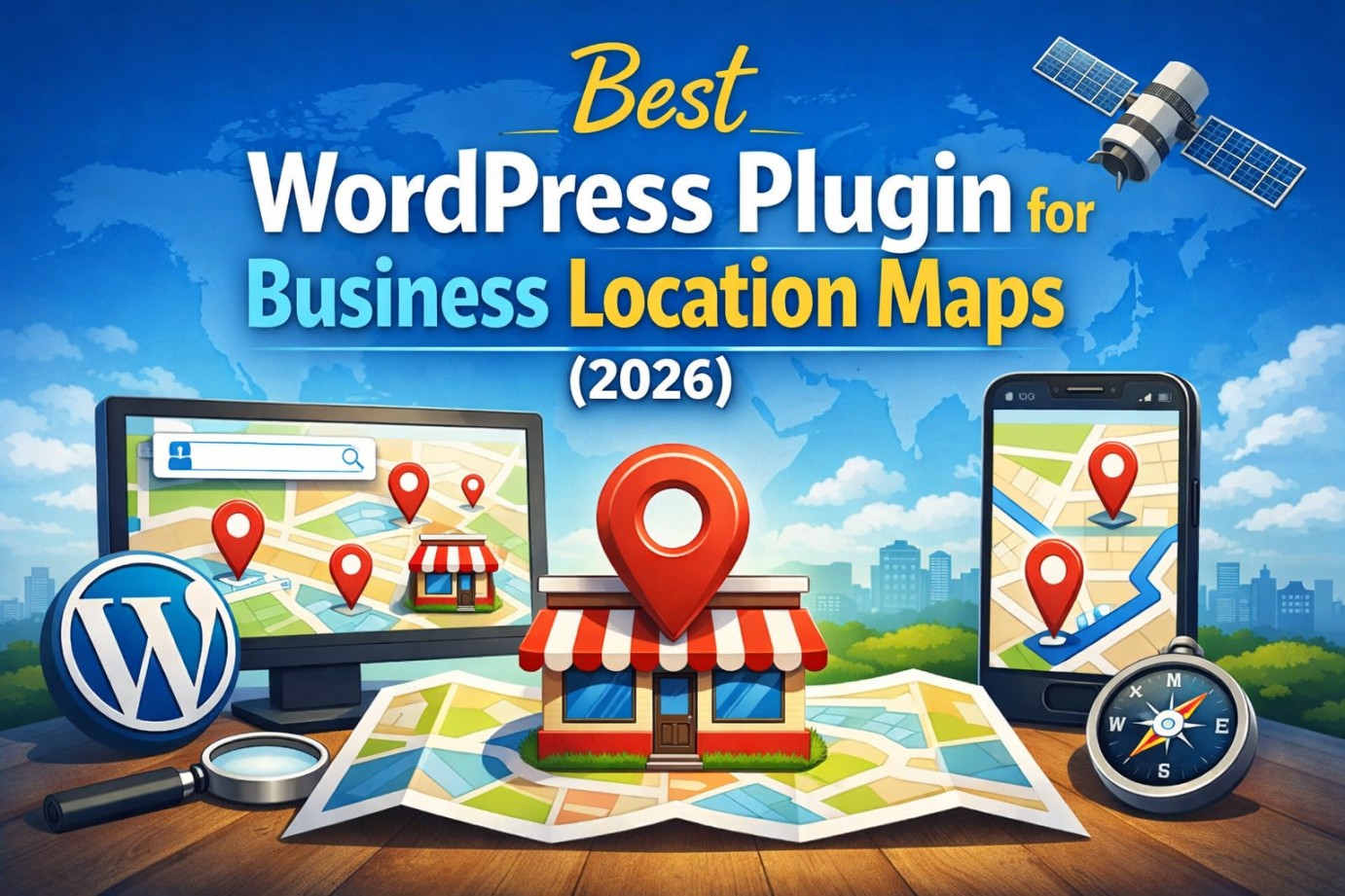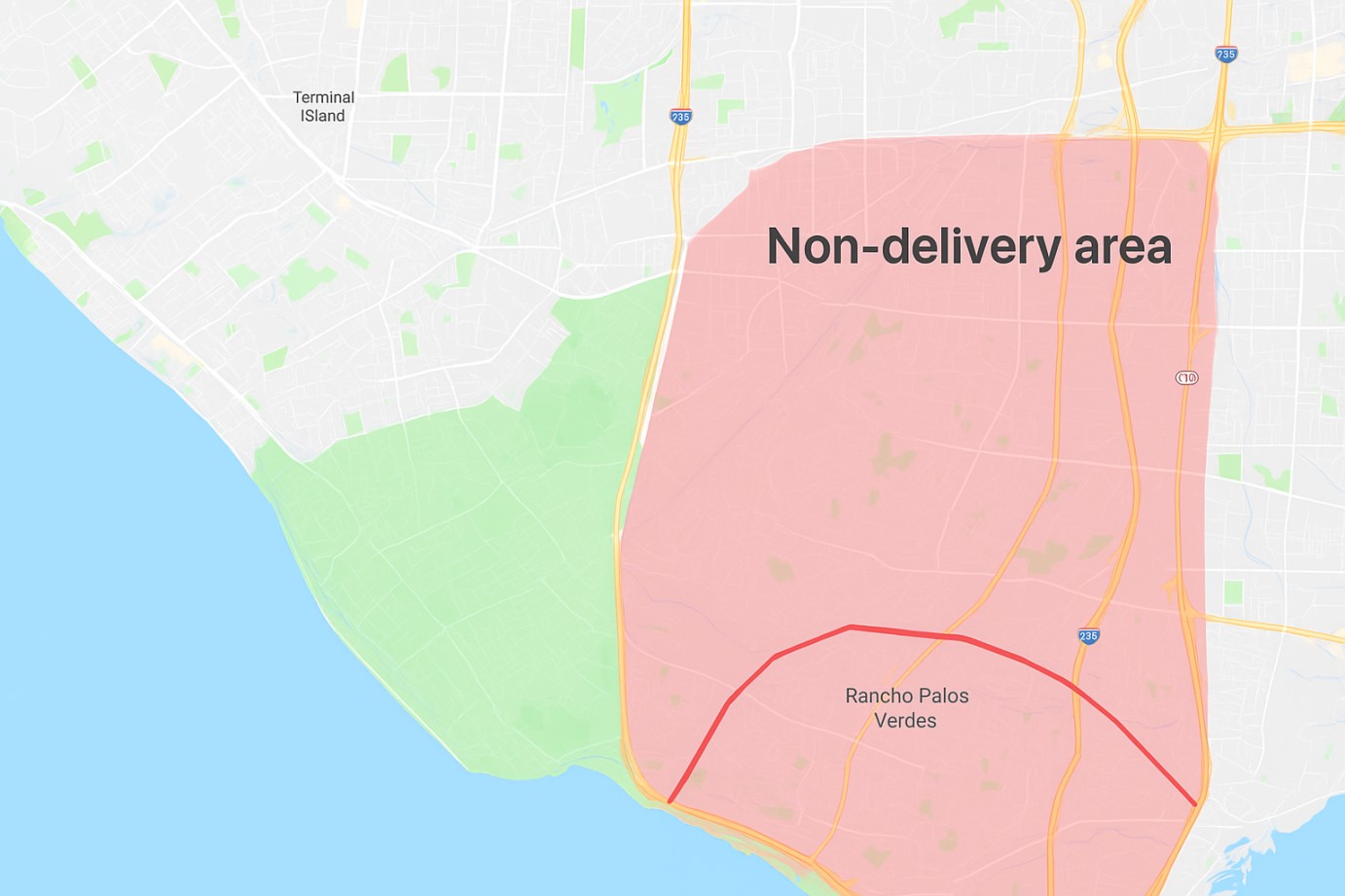This website uses cookies so that we can provide you with the best user experience possible. Cookie information is stored in your browser and performs functions such as recognising you when you return to our website and helping our team to understand which sections of the website you find most interesting and useful.
To get started with the customize_allowed_urls filter, you need to register it using add_filter. You can pop this code into the functions.php file of your active theme or, better yet, create a custom WordPress plugin. Personally, I always recommend the plugin route—keeps things neat and tidy for when you update your theme.
Example 1: Basic Usage of customize_allowed_urls
Let’s kick things off with a straightforward example. Here, we’ve defined a function called weplugins_modify_customize_allowed_urls_defaults to manage our allowed URLs.
function weplugins_modify_customize_allowed_urls_defaults($allowed_urls) {
// Update the $allowed_urls variable according to your website requirements and return this variable.
// You can modify the $allowed_urls variable conditionally too if you want.
return $allowed_urls;
}
// add the filter
add_filter("customize_allowed_urls", "weplugins_modify_customize_allowed_urls_defaults", 10, 1);
Example 2: Removing the Hook Callback
Need to remove a hook callback? No worries! Just use the remove_filter function like so:
remove_filter("customize_allowed_urls", "weplugins_modify_customize_allowed_urls_defaults", 10, 1);
Make sure to provide the same callback function name, priority, and number of arguments when removing the hook callback.
Example 3: Advanced Customization
For those looking to dive deeper, let’s explore an advanced customization scenario. This time, we’re going to conditionally modify the URLs based on specific requirements.
function weplugins_advanced_customize_allowed_urls($allowed_urls) {
// Let's say you want to allow URLs only on certain conditions.
if (some_condition) {
$allowed_urls[] = 'https://example.com';
}
return $allowed_urls;
}
add_filter("customize_allowed_urls", "weplugins_advanced_customize_allowed_urls", 10, 1);
Below is an example of how you can use this hook:
apply_filters('customize_allowed_urls', string[] $allowed_urls);
Contact Us
If you need any customization or assistance with this hook, feel free to contact us at WePlugins. We’re here to help!
Explore the latest in WordPress
Trying to stay on top of it all? Get the best tools, resources and inspiration sent to your inbox every Wednesday.




